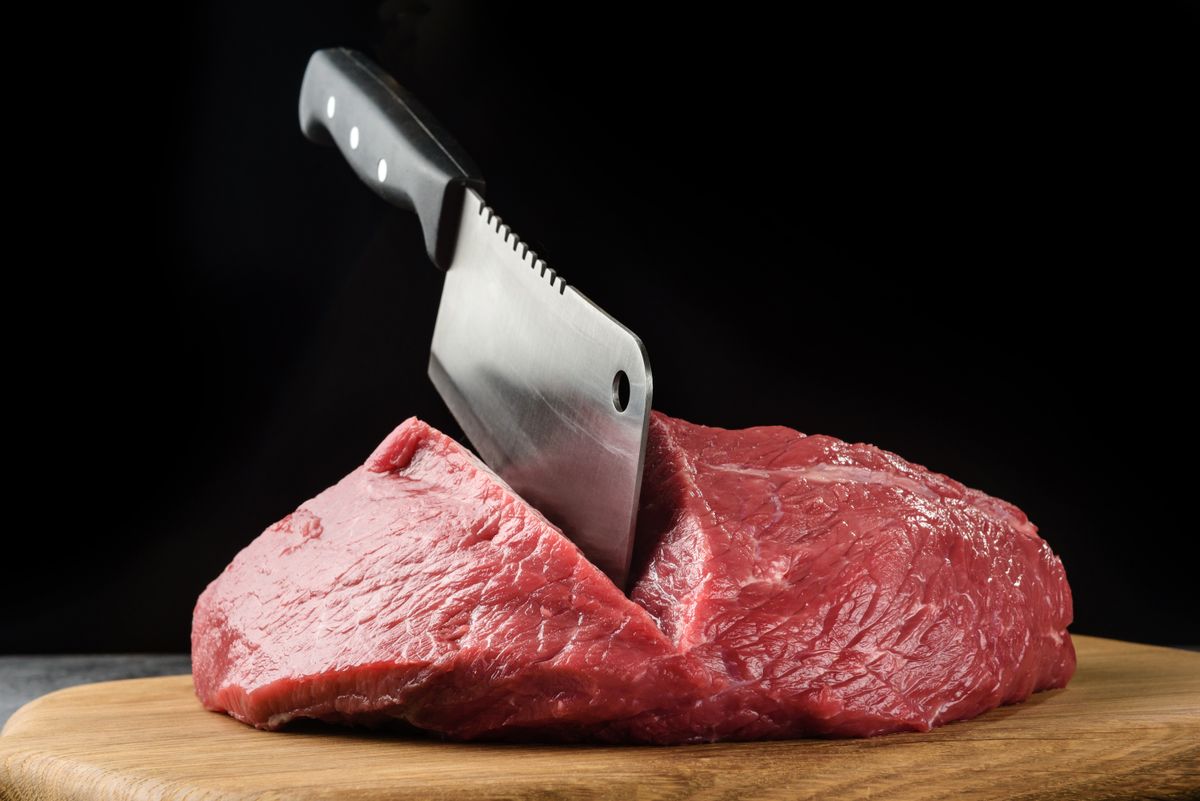Protein is an essential nutrient for various reasons, and meat has long been recognized as a valuable source of this macronutrient. Its composition includes all the necessary amino acids, making it a complete protein source. Moreover, meat offers bioavailable nutrients that are not commonly found in plant-based foods, contributing to growth, recovery, and workout repair. While protein can be obtained from diverse sources, including legumes, tofu, tempeh, and certain grains, it's important to acknowledge the unique advantages that high-protein meats offer for those who consume and enjoy them.
It is worth emphasizing that a well-rounded diet can cater to protein needs by combining animal and plant sources, accommodating different dietary preferences and requirements. However, if you have the option and inclination to include meat in your diet, opting for high-protein meat varieties can provide benefits that are not readily available from most plant-based sources.
Advantages of High-Protein Meats
- Complete Protein Source: Meat serves as a complete protein source since it contains all the essential amino acids that our bodies require for optimal functioning. These amino acids are crucial as they cannot be produced by the body and must be obtained through our diet. Thus, high-protein meats provide a valuable and convenient way to meet our protein needs.
- Abundance of Bioavailable Nutrients: In addition to protein, meat offers a range of essential nutrients that are vital for overall health. It is rich in nutrients such as Vitamin B12, iron, and zinc. Moreover, the protein found in meat is highly bioavailable, meaning it is easily absorbed and utilized by the body. Compared to plant-based protein sources, meat's amino acids are more readily digestible and have a higher absorption rate. This makes meat an efficient and effective protein source for fulfilling our body's requirements.
- Support for Muscle Growth and Repair: Protein plays a crucial role in muscle growth, repair, and maintenance. High-protein meats, with their dense protein content, provide the necessary amino acids needed for these processes. They are particularly rich in high-quality, complete protein, making them an ideal choice for individuals aiming to build and sustain muscle mass. Including high-protein meats in your diet can aid in achieving your muscle-related goals.
Tips for Incorporating Meat into a Healthy Diet
Determining a healthy amount of meat to consume depends on various factors, including individual dietary needs, health status, and personal preferences. The American Heart Association suggests limiting lean meats, poultry, and seafood to approximately 5.5 ounces per day for an average 2,000-calorie diet. When making choices about meat consumption, consider the following guidelines:
- Mind your portion sizes: A standard serving of meat is typically around 4 ounces, equivalent to the size of a deck of cards or the palm of your hand. Be mindful of portion control to avoid excessive intake.
- Embrace variety and moderation: Rather than relying solely on red meat, explore other protein-rich options such as beans, tofu, dairy, eggs, fish, and poultry. Incorporating a variety of protein sources diversifies your nutrient intake.
- Create a balanced plate: Strive for a well-rounded diet by including a mix of different food groups. Alongside your meat selection, incorporate fruits, vegetables, whole grains, and healthy fats to promote overall nutrition.
- Consider individual needs: Tailor your meat consumption based on individual factors such as age, gender, activity level, and specific dietary requirements or restrictions you may have.
Remember that moderation is key when it comes to meat consumption. Opt for lean cuts and balance your meals with a variety of nutritious foods. By following these guidelines, you can maintain a well-rounded and healthy diet. Now, let's discover the expert-recommended high-protein meat varieties to enhance your nutritional intake.
Top High-Protein Meats to Include in Your Diet
1) Bison:
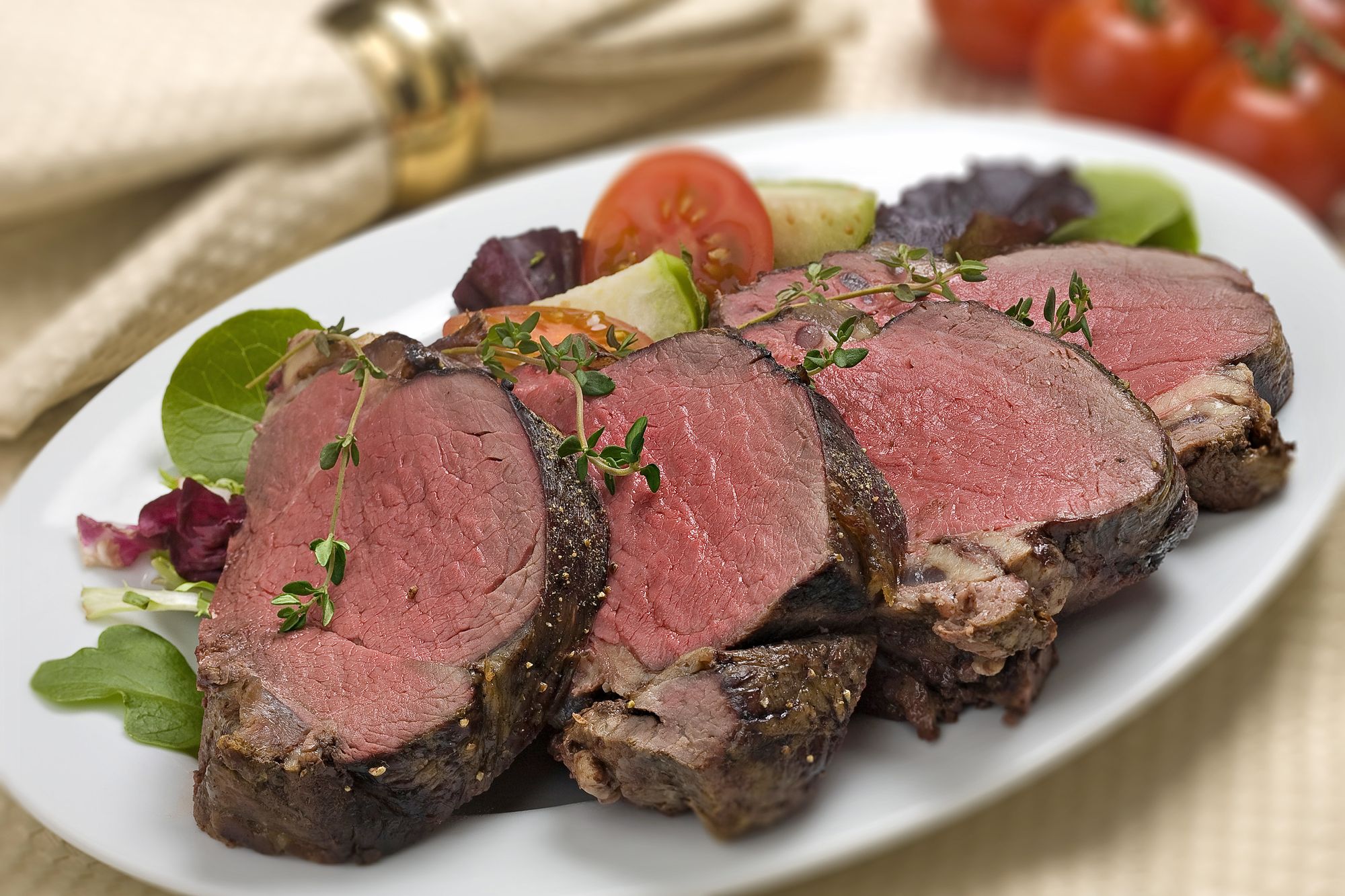
Bison, a highly recommended protein-rich meat, is gaining popularity for its health benefits and unique flavor. With 22 grams of protein per 3-ounce serving, bison offers a leaner alternative to beef. It is not only lower in fat but also provides a delicious gamey taste. Bison burgers are an excellent option for individuals with reflux issues, as they are easier to tolerate without compromising on taste. Additionally, bison is a great source of iron, zinc, B vitamins, and selenium, which are essential for supporting thyroid health and overall well-being.
2) Canned Tuna:
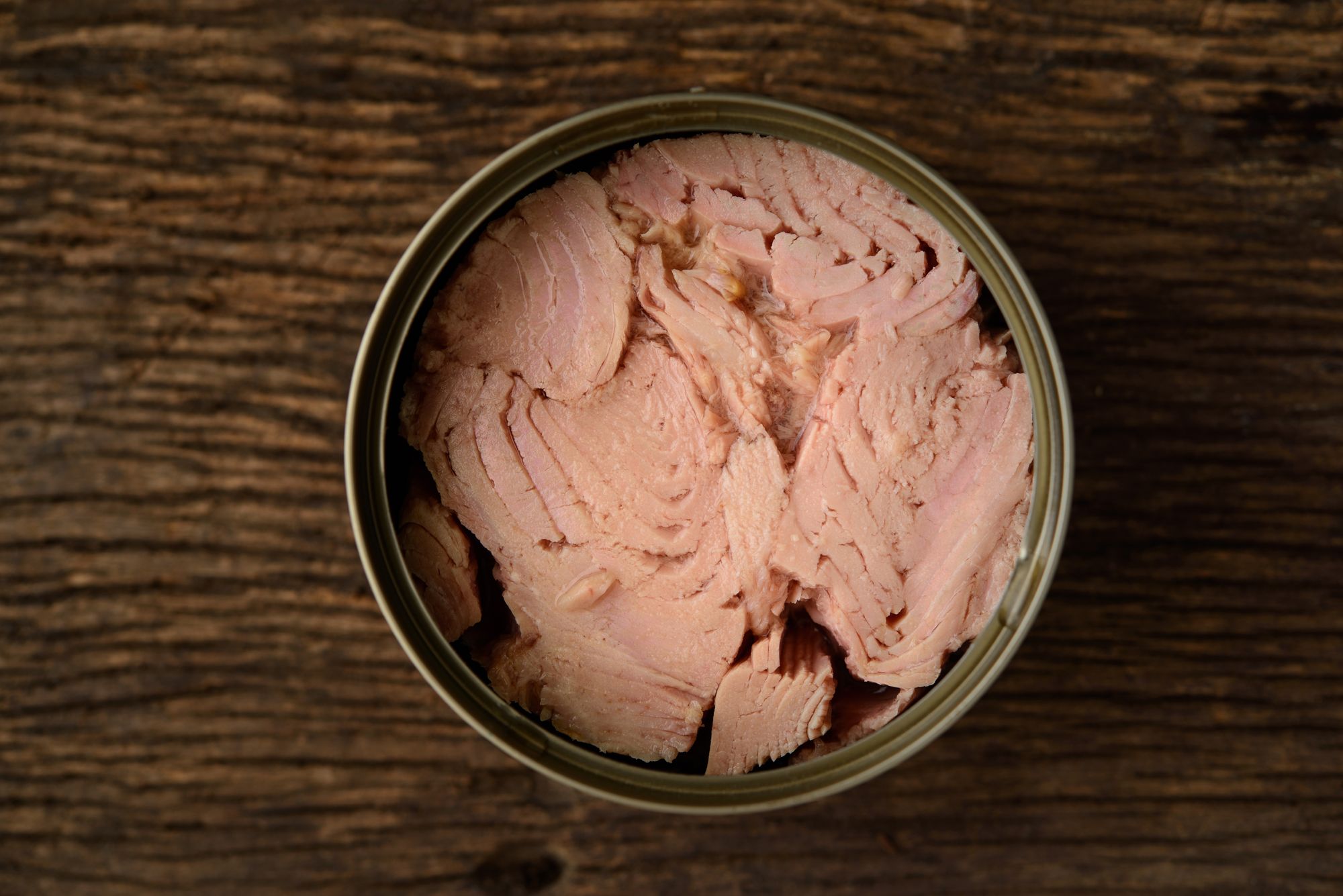
Canned tuna is a convenient and protein-packed choice that deserves a spot in your diet. Offering approximately 27 grams of protein per 3-ounce serving, it provides a substantial protein boost. Canned tuna is a complete protein source, containing all the essential amino acids necessary for tissue repair and overall health. Moreover, it contains heart-healthy omega-3 fatty acids, which are important for cardiovascular well-being. Its versatility, affordability, and long shelf life make it an ideal choice for quick and protein-rich meals.
3) Elk Steak:

Elk meat, often overlooked but worth considering, offers a delicious taste, leanness, and impressive nutrient density. With 26 grams of protein per 3-ounce serving, elk steak provides a substantial protein content. What sets it apart is its lower cholesterol content and higher zinc content compared to beef, turkey, and even bison. Elk meat can be enjoyed in various forms, such as steaks, jerky, or ground meat, providing a unique and nutritious alternative for your meals.
4) Chicken Breast:
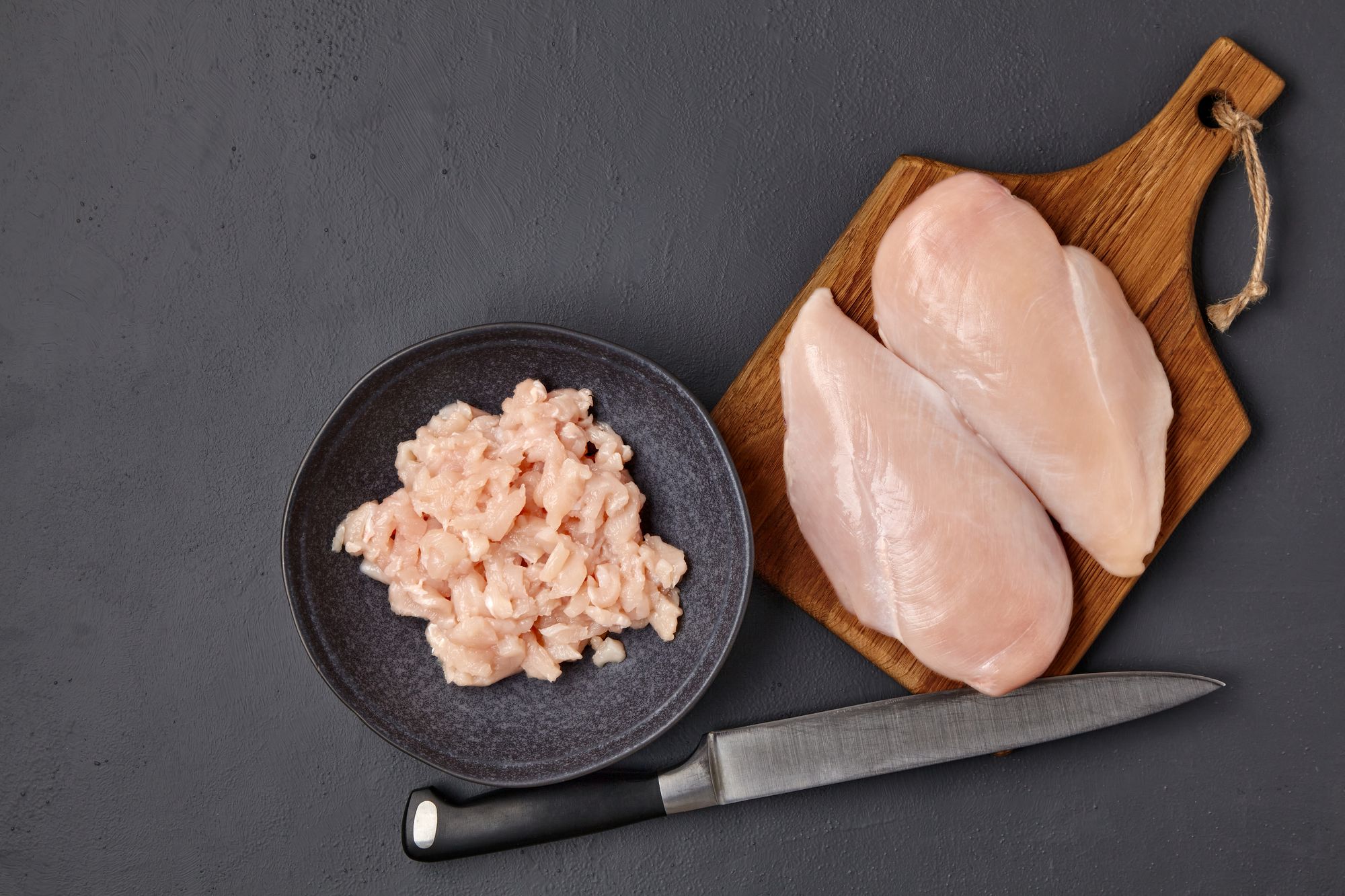
Chicken breast is a well-known high-protein meat that deserves its place in a healthy diet. With 24 grams of protein per 3-ounce serving, it is a lean protein source that supports muscle growth, repair, and maintenance. Not only is chicken breast low in fat and calories, but it also contains essential nutrients like vitamins B6 and B12, which contribute to energy metabolism and brain function. Its versatility makes it a widely accessible meat protein that can be grilled, roasted, or added to a variety of dishes.
5) Salmon:
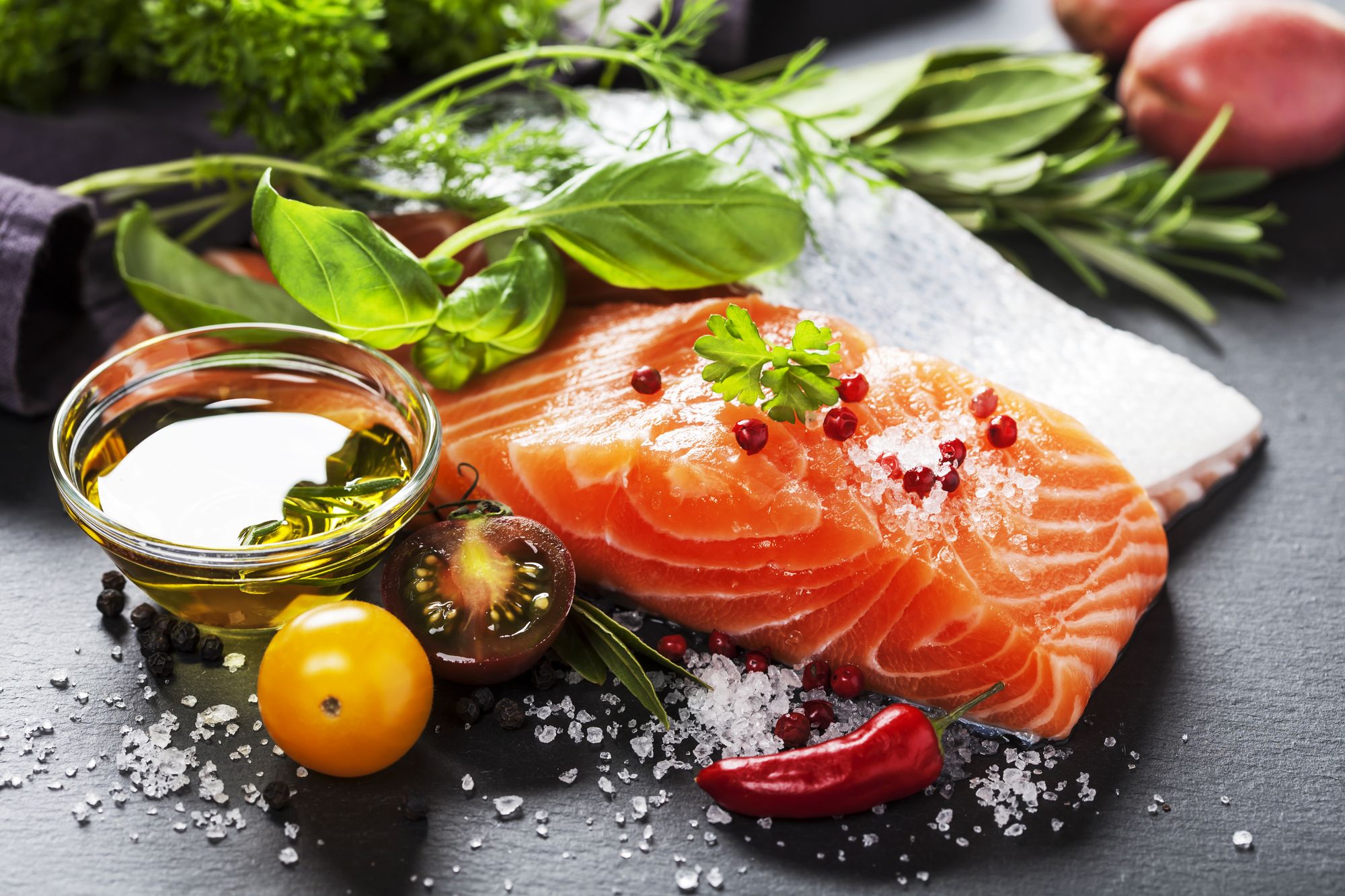
Salmon, a nutritional powerhouse, offers a combination of high-quality protein and beneficial fats. With around 20 grams of protein per 3-ounce serving, it is an excellent protein source. What sets salmon apart is its high content of heart-healthy omega-3 fatty acids, which are known for their anti-inflammatory properties and potential benefits for brain health. Additionally, salmon is rich in vitamin D, vitamin B12, selenium, and potassium, all of which contribute to overall well-being. Whether grilled, baked, or added to salads and sushi rolls, salmon's delicious taste and nutritional profile make it an excellent choice for those seeking a flavorful protein source that nourishes the body.
6) Turkey:
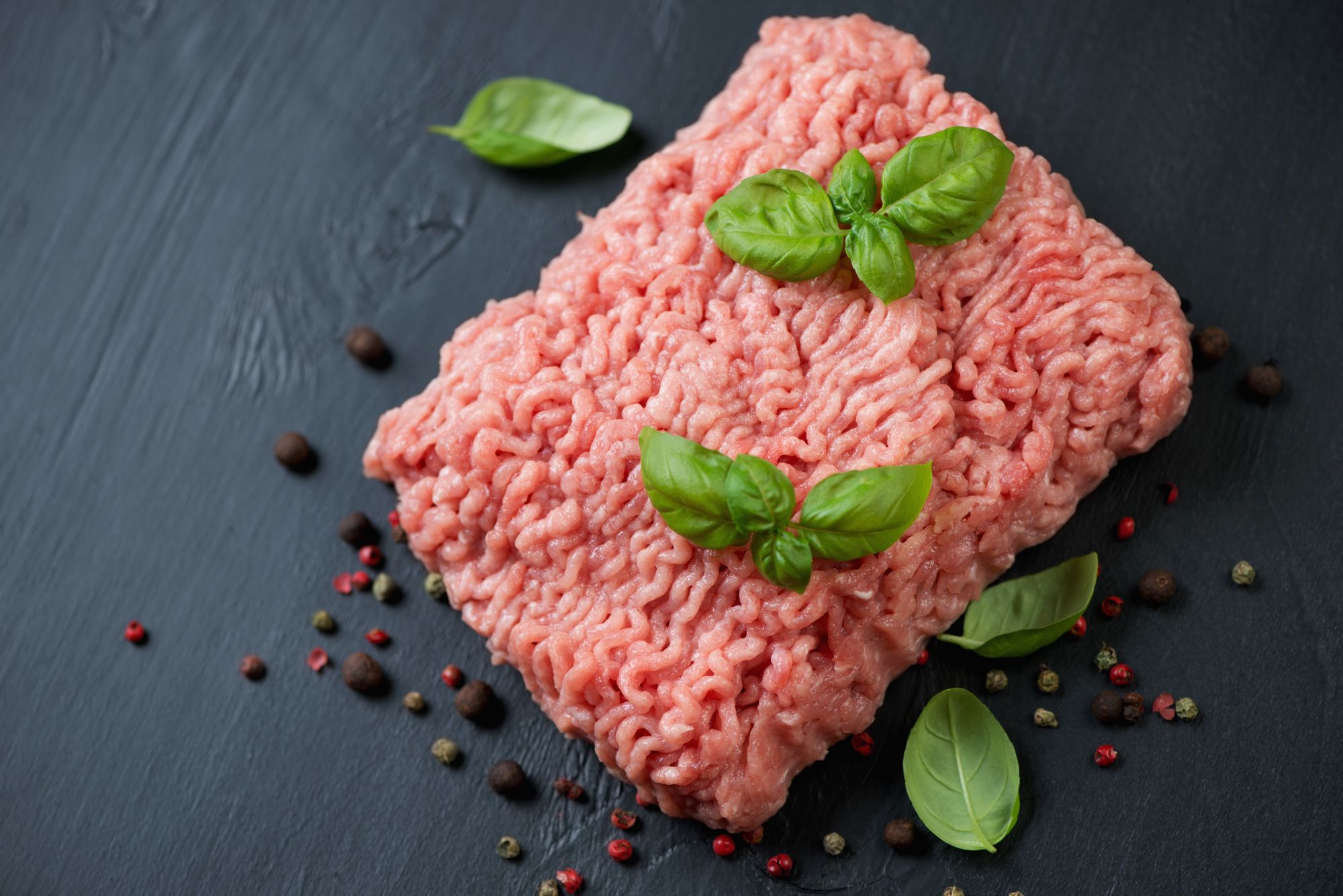
Turkey is a protein powerhouse that offers both taste and nutritional benefits. Delivering 23 grams of protein per 3-ounce serving, it provides a substantial protein content. Turkey is rich in B-vitamins such as B6, B12, choline, and niacin, which play important roles in energy production and cognitive function. It is also naturally low in fat, making it a lean protein option. Turkey can be enjoyed in various forms, from roasted turkey breast to ground turkey in comforting dishes like chili, providing versatility and nutrition to your meals.
7) Beef Liver:
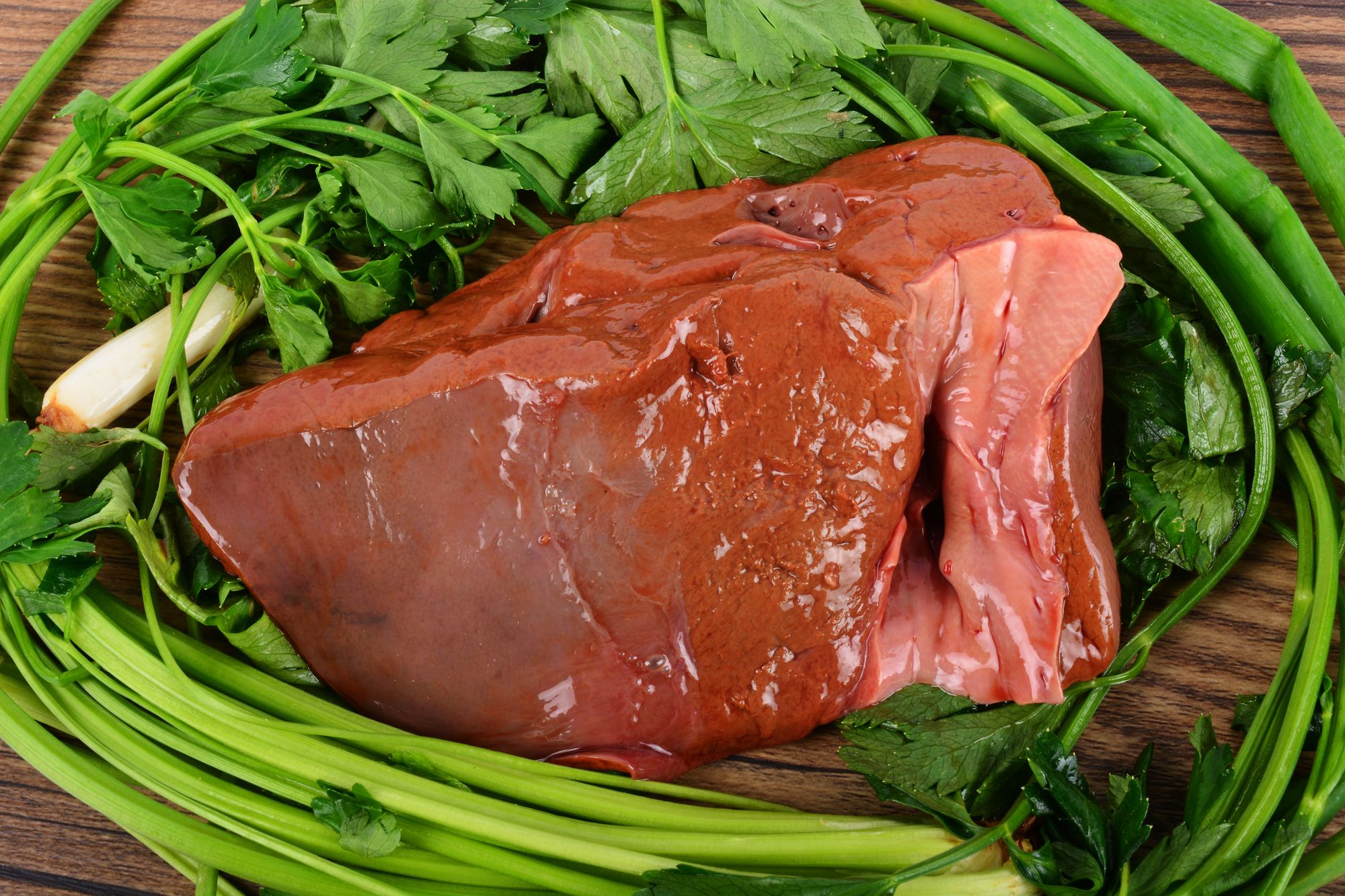
Beef liver, although not as commonly consumed, deserves attention for its nutrient density. Providing 25 grams of protein per 3-ounce serving, it offers a significant protein content. In addition to protein, beef liver is packed with essential nutrients like vitamin A, vitamin B12, and iron. These nutrients contribute to various aspects of health, including vision, red blood cell production, and energy metabolism. To prepare a delicious meal, rinse the liver thoroughly, soak it in milk in the refrigerator for 30 minutes to reduce any strong flavors, and then sear it alongside a pan of caramelized onions. This classic combination not only delights your taste buds but also provides a nourishing dose of nutrients.
8) Mackerel:

Mackerel is a flavorful fish that offers a host of nutritional benefits. With 26 grams of protein per 4-ounce serving, it provides a generous protein content. Mackerel is not only a great protein source but also rich in heart-healthy omega-3 fatty acids. These fatty acids have anti-inflammatory properties and are known to support cardiovascular health. Additionally, mackerel is a fantastic source of calcium, a nutrient that becomes increasingly important as we age, as it supports bone, muscle, teeth, and nerve health. Grilling or baking mackerel and squeezing a fresh lemon juice over it creates a delightful and nutritious meal option.
9) Beef Steak:
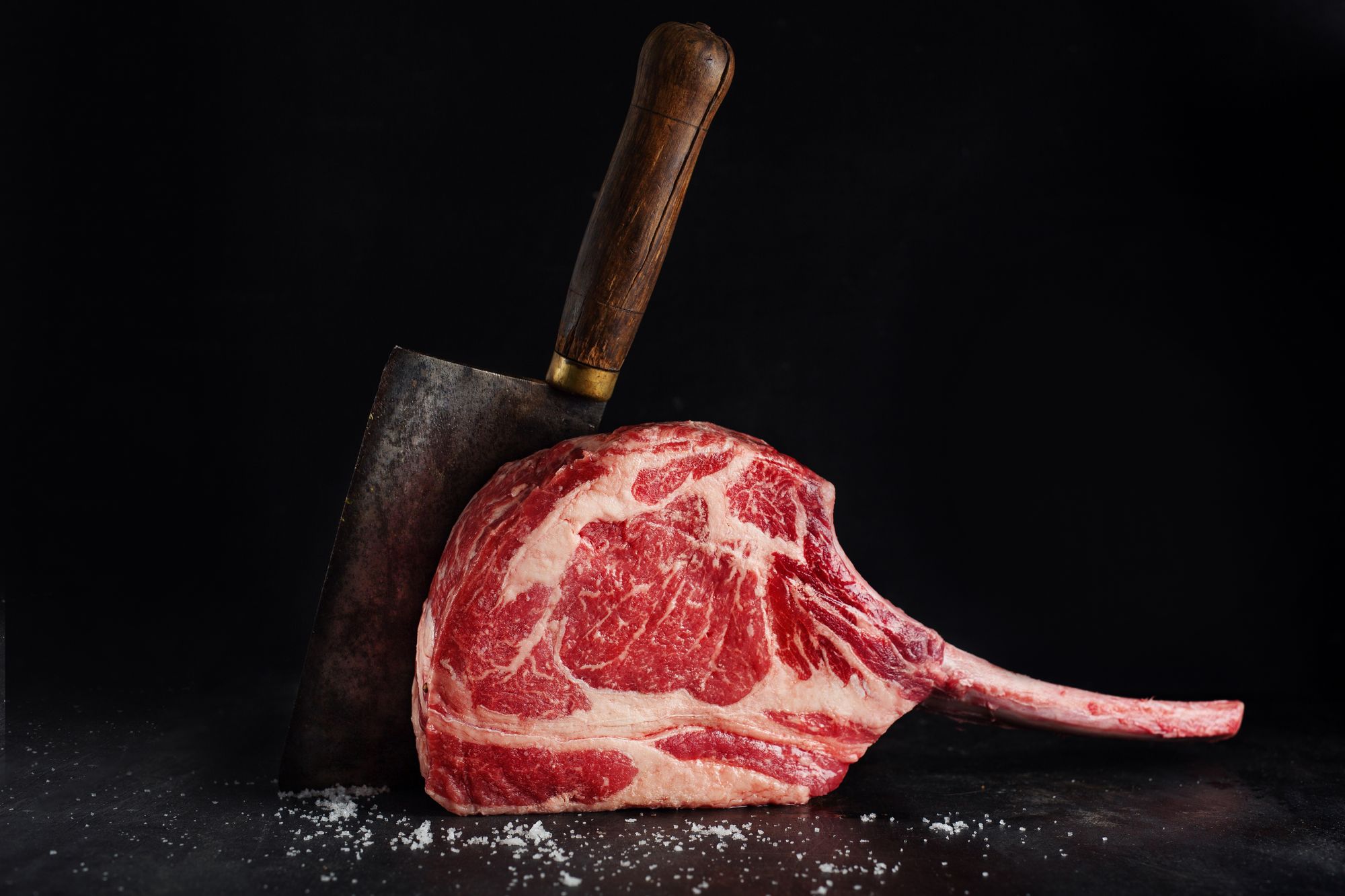
Beef steak is a classic protein choice that offers both flavor and nutritional value. Providing 24 grams of protein per 4-ounce serving, it contributes to a substantial protein intake. Contrary to previous beliefs, dietary cholesterol and saturated fat from beef are not as harmful as once thought. In fact, beef contains important vitamins and minerals, including iron and vitamin B12. These nutrients play crucial roles in the body, such as oxygen transport and nerve function. Opting for lean cuts of beef and incorporating them into a balanced diet can provide a nourishing and protein-rich option.
10) Pork Tenderloin:
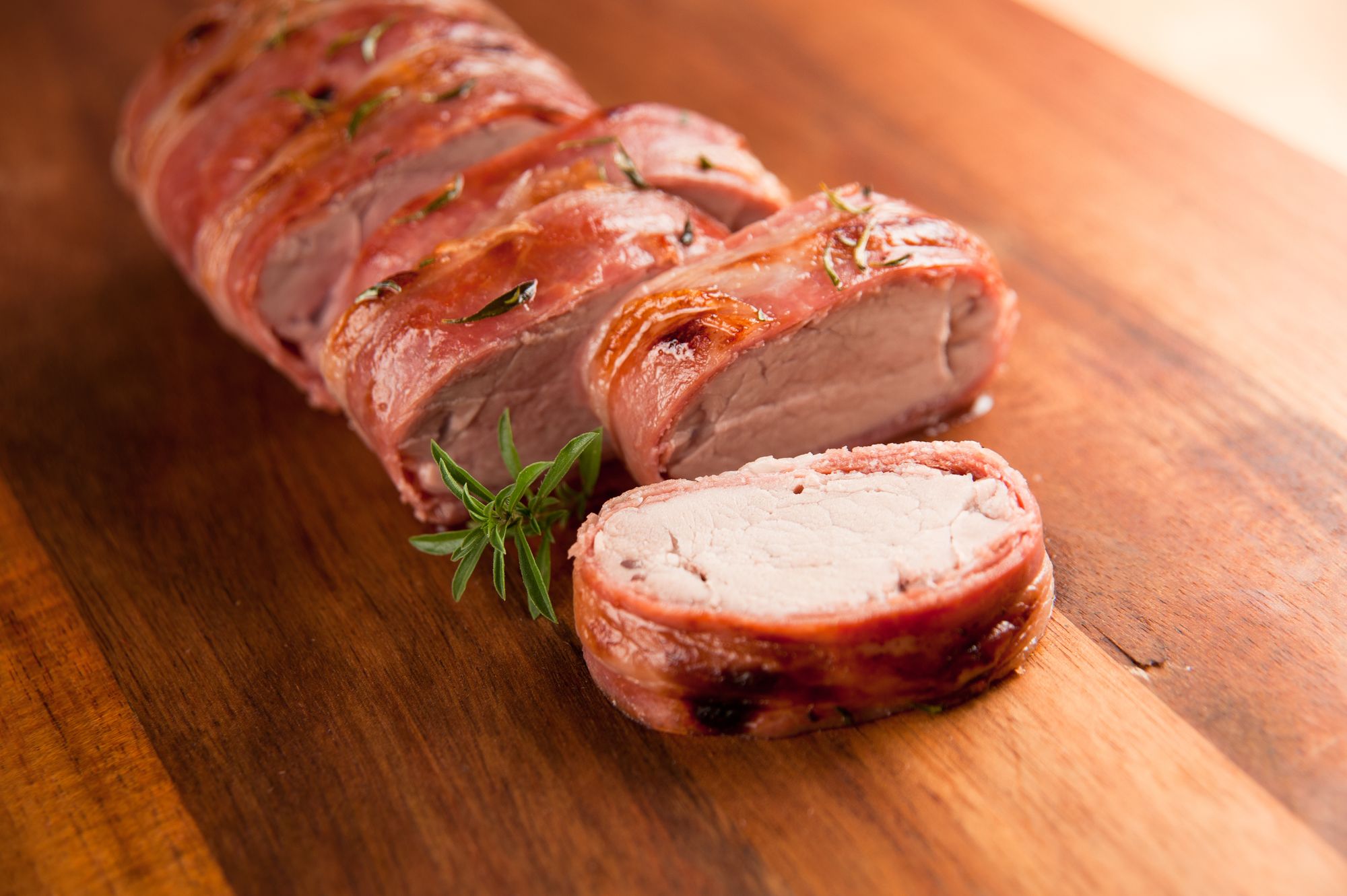
Pork tenderloin is a lean and flavorful meat option that offers a significant protein content. With 22 grams of protein per 3-ounce serving, it contributes to meeting your protein needs. Pork tenderloin is an excellent source of thiamine, a B-vitamin essential for energy metabolism and maintaining a healthy nervous system. Thiamine also supports cognitive function and overall well-being. Whether grilled, roasted, or marinated, pork tenderloin provides a versatile and protein-rich addition to your meals.
11) Venison Steak:
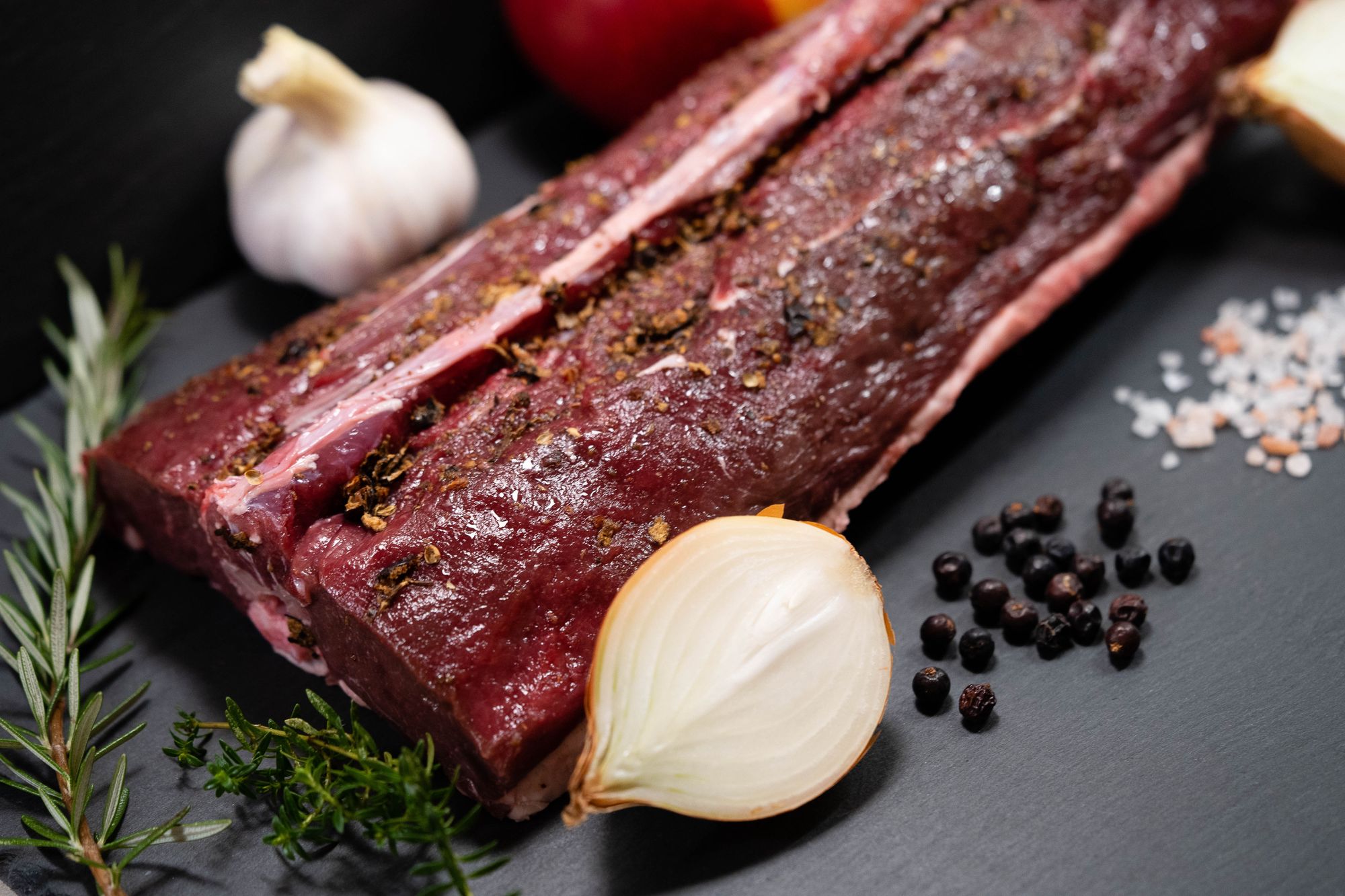
Venison, or deer meat, provides a robust protein content with 30 grams per 3-ounce serving. It is a high-protein, low-fat meat option that can be a flavorful alternative to traditional meats. Venison is often appreciated for its gamey taste and can be used as a substitute for beef in various dishes. Whether enjoyed as steaks or ground venison in tacos or spaghetti, it offers a protein-packed and nutrient-dense choice.
12) Shrimp:

Shrimp is a lean and protein-rich seafood option that deserves a place in your protein sources. Offering 20 grams of protein per 3-ounce serving, it provides a substantial protein boost. Shrimp is not only low in calories and fat but also rich in essential nutrients like selenium, vitamin B12, and iodine. These nutrients support various aspects of health, including thyroid function, red blood cell production, and nerve function. Shrimp's versatility in cooking methods, such as grilling, sautéing, or adding to salads and stir-fries, makes it an excellent choice for those looking to increase their protein intake while enjoying delicious flavors.
13) Rabbit:

Rabbit meat is a lean and nutritious protein source that offers a unique flavor profile. Providing 28 grams of protein per 3-ounce serving, it is a protein-packed option for your meals. Rabbit meat is known for being lean and low in fat, making it an attractive choice for individuals looking for leaner high-protein meats. It can be prepared in various ways, such as slow-roasting, pressure cooking, or braising, to suit your taste preferences. These cooking methods help tenderize the meat, as rabbit can naturally be slightly tough, resulting in a tender and flavorful protein option.
14) Goat Meat:

Goat meat is a protein source that is gaining recognition for its taste and nutritional benefits. Offering 23 grams of protein per 3-ounce serving, it provides a substantial protein content. Goat meat shares a taste resemblance to lamb and offers a leaner protein option. Incorporating goat meat into your dinner rotation adds variety to your protein sources while providing essential nutrients. Whether grilled, roasted, or stewed, goat meat can be a flavorful and nutritious addition to your meals.

